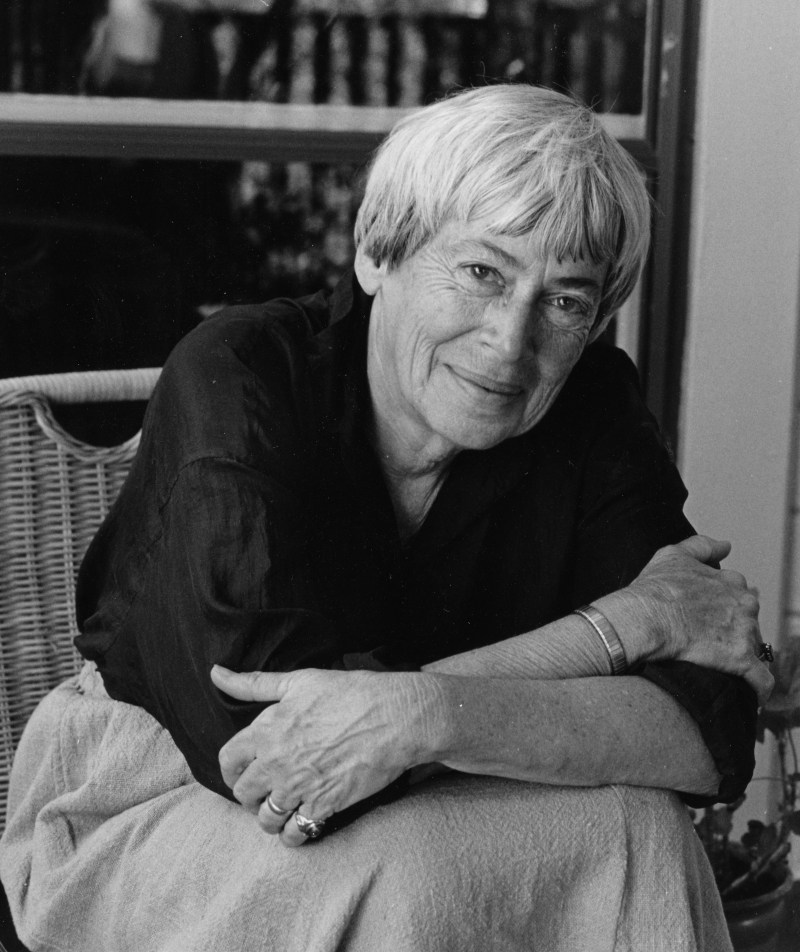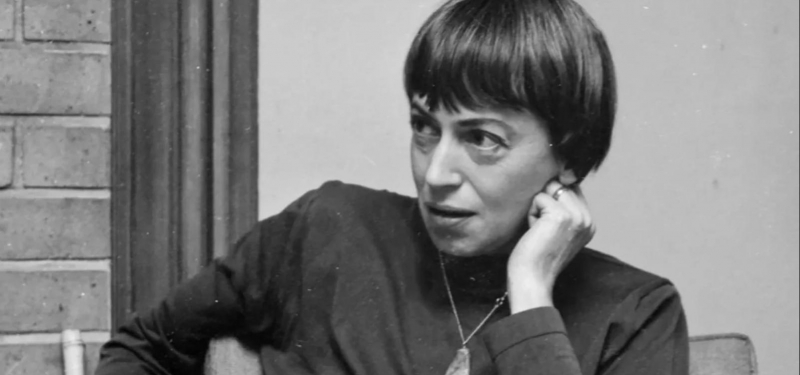Ursula K. Le Guin

Top 13 in Top 13 Best Female Novelists Ever
Ursula Kroeber Le Guin (October 21, 1929 – January 22, 2018) was an American speculative fiction author best known for her Earthsea fantasy series and science-fiction novels based in her Hainish universe. She was first published in 1959 and had a nearly sixty-year literary career, writing over twenty novels and over a hundred short stories, as well as poetry, literary criticism, translations, and children's books. Le Guin has been said to as an "important voice in American Letters" as well as a science-fiction novelist. Le Guin herself has stated that she prefers to be referred to as an "American novelist."
Le Guin's work was heavily influenced by cultural anthropology, Taoism, feminism, and Carl Jung's teachings. Many of her stories featured anthropologists or cultural watchers as protagonists, and her writings have been linked to Taoist concepts of balance and harmony. In books like Always Coming Home, Le Guin used unconventional stylistic or structural tactics to disrupt traditional speculative fiction stereotypes, such as the employment of dark-skinned characters (1985). Her stories often dealt with social and political issues like as race, gender, sexuality, and coming of age, and she explored alternative political structures in several of them, such as the fable "The Ones Who Walk Away from Omelas" (1973) and the anarchist utopian novel The Dispossessed (1974).
Le Guin's work had a huge impact on the field of speculative fiction and has gotten a lot of attention from critics. She won a slew of awards, including eight Hugos, six Nebulas, and twenty-two Locus Awards, and was named a Grand Master of the Science Fiction and Fantasy Writers of America in 2003. She was recognized as a Living Legend by the United States Library of Congress in 2000, and she received the National Book Foundation Medal for Distinguished Contribution to American Letters in 2014. Many other authors, including Booker Prize winner Salman Rushdie, David Mitchell, Neil Gaiman, and Iain Banks, were influenced by Le Guin. After her death in 2018, critic John Clute wrote that Le Guin had "presided over American science fiction for nearly half a century", while author Michael Chabon referred to her as the "greatest American writer of her generation".
Nationality: U.S














